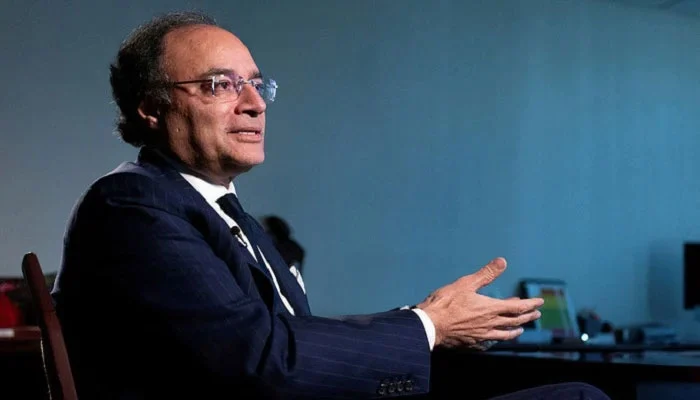Expressing concerns over the disproportionate tax burden in Pakistan, Federal Minister for Finance Muhammad Aurangzeb announced on Thursday that artificial intelligence would be used to enhance tax collection.
Speaking at the “Retail Reimagined: Innovate, Collaborate & Thrive” conference, organised by the Pakistan Retail Business Council (PRBC), the minister stated that while Pakistan’s retail sector contributes 19% to the GDP, it pays only 1% in taxes, raising concerns over its limited contribution to the national exchequer.
He stressed that the excessive tax burden on manufacturing, services, and salaried individuals is unsustainable.
The minister emphasized the need to bring other sectors, including agriculture, real estate, retail, and wholesale, into the tax net. He appreciated the provincial governments for taking steps in this regard by passing bills for agricultural taxation.
He stated that the government is engaging with the retail sector, urging them to formalise their businesses and contribute their fair share of taxes. “We can no longer afford people taking a free ride,” he asserted, adding that documentation is essential to achieving this goal.
Later, while addressing the media, he reiterated that AI would be employed to improve tax collection.
Aurangzeb pointed out that Rs9.4 trillion is currently in cash circulation, which needs to be incorporated into the formal economy. While acknowledging that this transition cannot happen overnight, he reaffirmed the government’s commitment to the right path.
He added that the economy has seen significant improvement, with currency stabilisation, increased foreign reserves, and declining inflation. The policy rate has dropped significantly, reducing Kibor from 23% to approximately 11%.
These positive developments have attracted foreign investors, with institutional investments returning to both debt and equity markets.
The finance minister further stated that Pakistan is actively engaging with international rating agencies to upgrade its credit rating to the “Single B” category.
He highlighted that the country has already achieved notable improvements, and a further upgrade would enhance Pakistan’s credibility among international investors, diversify funding sources, and restore access to global financial markets.
The minister concluded by stating that the government is focused on sustainable and inclusive growth, rather than falling into past cycles of economic instability.



